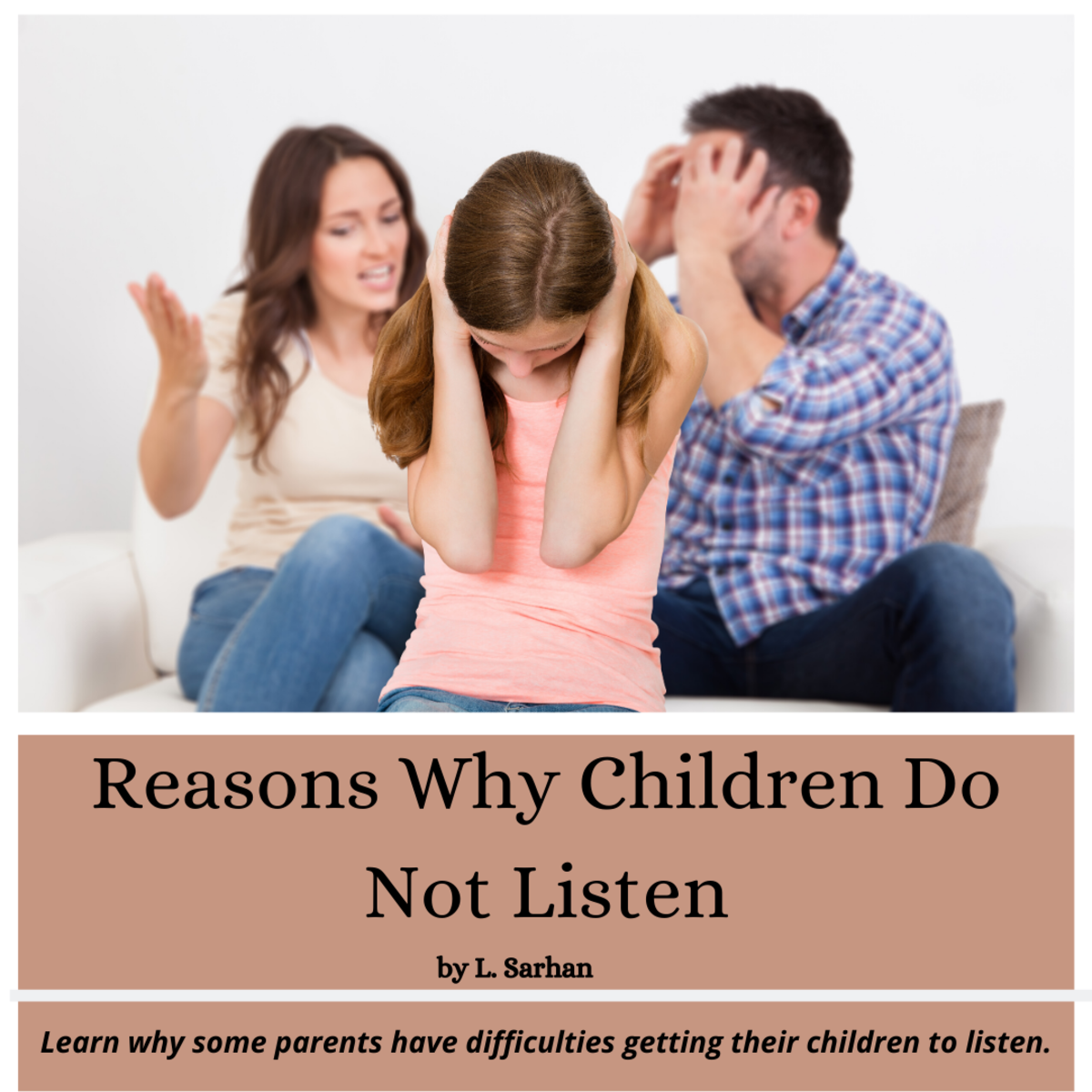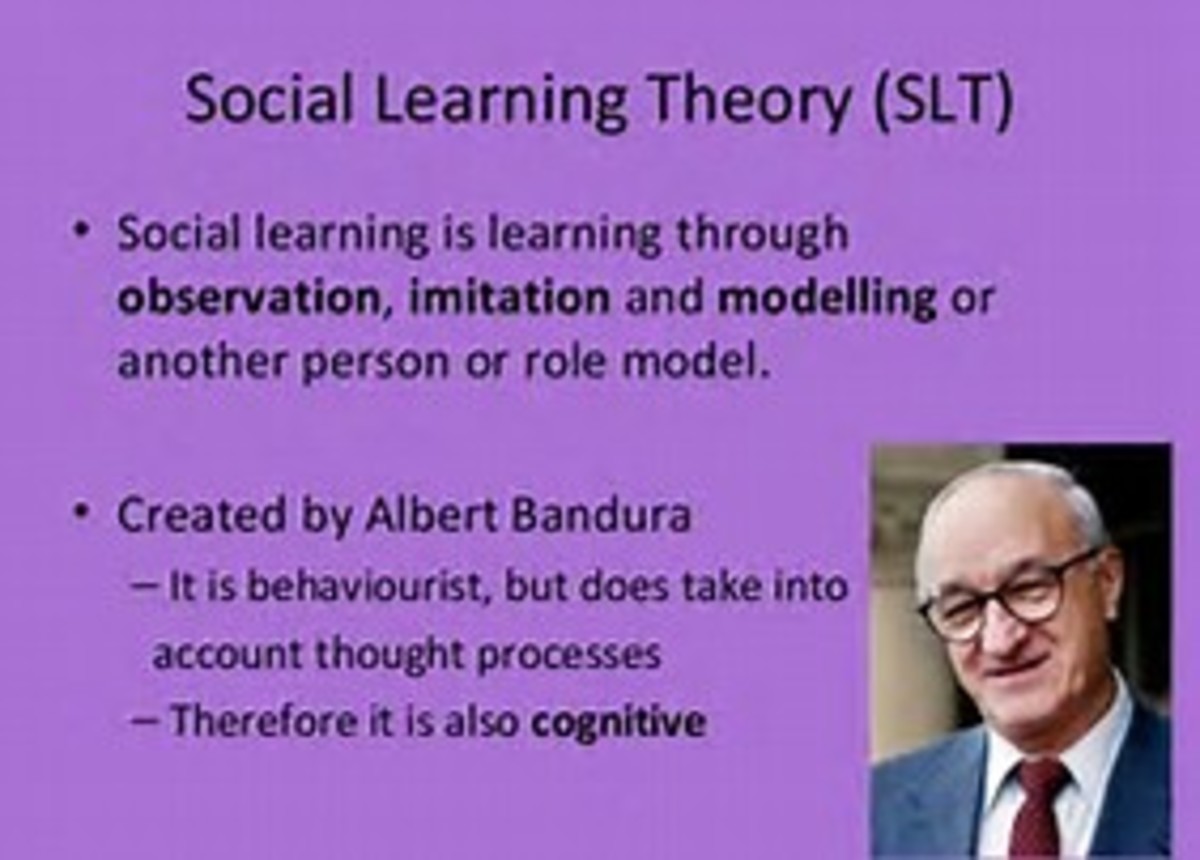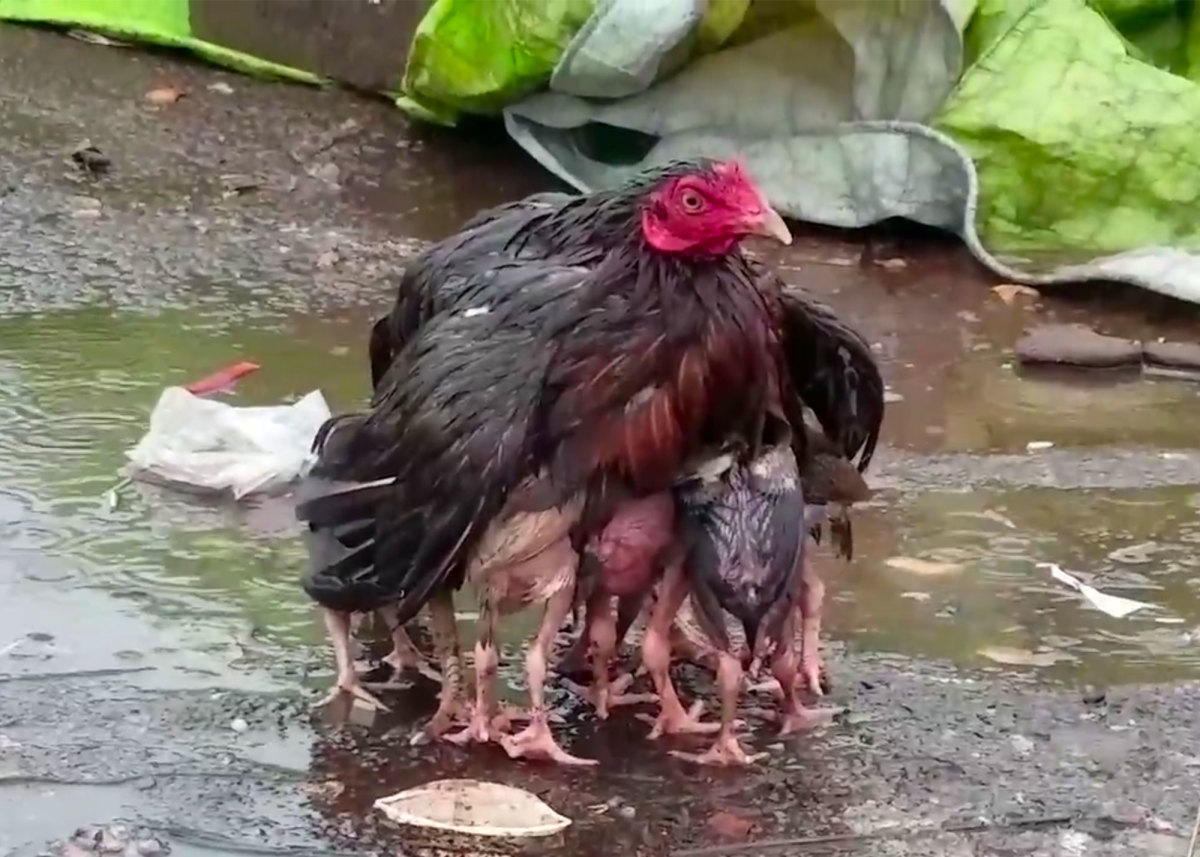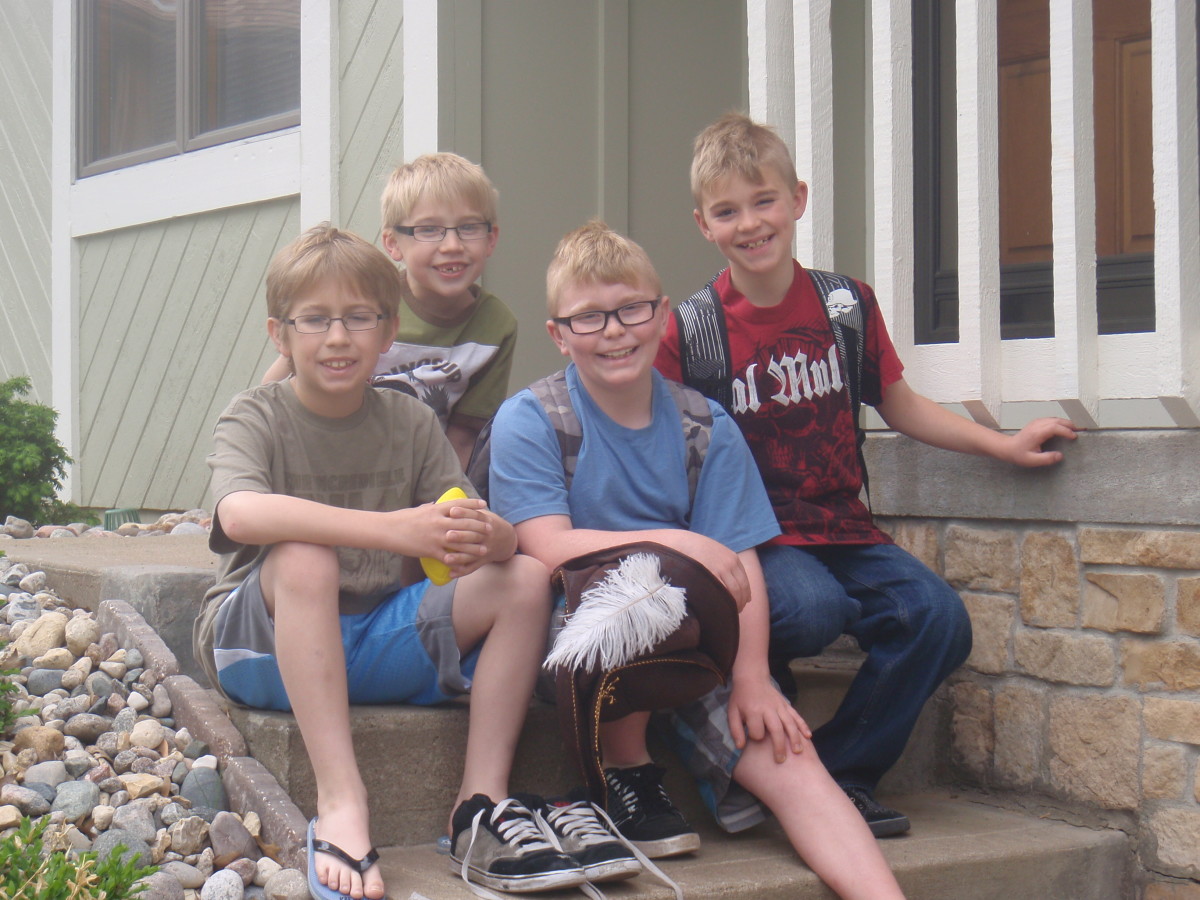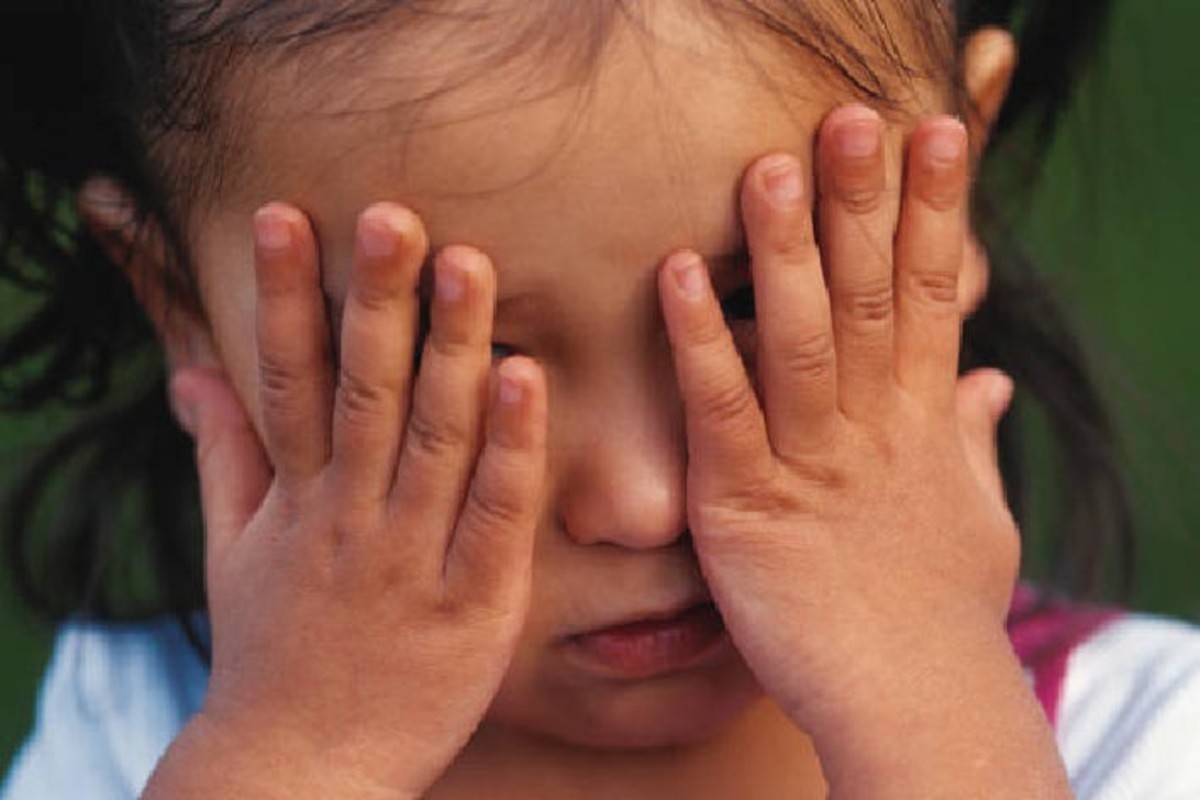Who is to blame when a child goes bad? How parents' behavior affects the behavior of children
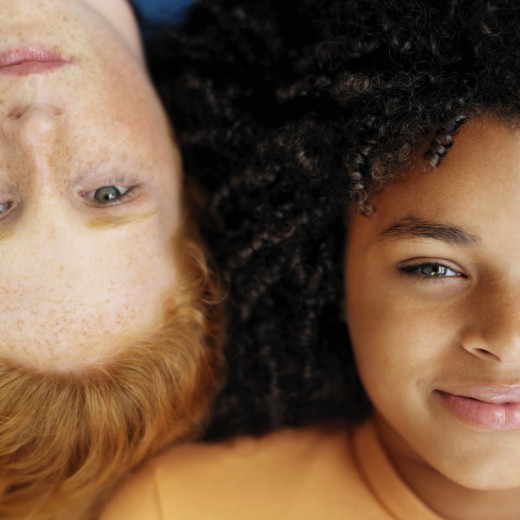
Behavior of children
Behavioral problems and parenting
Some plan for years, while others are surprised by the news that they are about to become parents. Any doubts, hesitations, or fears that existed during the pregnancy change once the child enters the world. The child becomes the parent’s pride and all doubts disappear with the birth. With hopes of a promising future and a new meaning of life, everything seems perfect and life seems good.
As a child develops, parents take the initiative to give a child everything that is needed to provide a productive and successful future. Together, they are part of a family unit that is identified and influenced by one another. Parents are the central part of a child’s life, providing guidance and morals needed for the future. When a child is exceptional, a parent quickly takes credit for the influence on the child and how they contributed to the successful outcome of the child. So, when a child is bad, does the parent take the same credit or blame for the child’s deviance?
This is a look into the impact that parents have on a child’s life and the influence given that causes deviant behavior in children. Children are impacted though the influence of their parents’ and the decisions chosen for guidance and support. Without proper teaching and structure, the child’s likelihood to deviate to a life of crime is increased because of the family. This is an explanation of how a child’s delinquency is influenced by the parenting decisions and discipline given to a child.
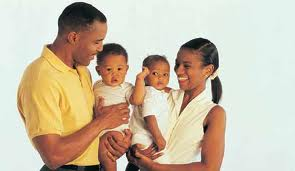
Discipline of children and the impact on behavior
Behavior in children
Theories provide a clearer understanding for dilemmas that impact behavior, change, and the problems that lead to the delinquency of children. Children are bound by a society that shapes their behaviors and actions, dominating their life and future choices. A parent impacts child development by regulating behavior through disciplinary practices and teaching their own rules that define the ideals and values needed.
The discipline of a child determines the outcome of their behavior, and the choices that dominate all decisions and actions. Society’s emphasis of what is proper is impacted by the family’s influence on these practices. The focus on social norms is conditioned by the influence introduced by parents and affects the bonds to society. The reflection of parenting directly impacts the child’s standard of expected behavior that could increase deviant behavior in the future.
Social Learning and a child’s behavior
How to parent a child
Parents are the main source of learning for a child’s behavior and control the process of the socialization by the quality of parenting provided during childhood. The quality of socialization that exists dominates the understanding of what is deviant with the controls provided by the parents. The lack of controls on behavior increases the boundaries set for the freedom to practice deviance. This is a direct influence of the parenting that is provided.
The control that lacks gives the child an unrefined limit to social behaviors that compromise the circumference permitted for socialization without deviance to occur. The socialization of the child can induce or sustain criminal deviance with the support or deficiency of reinforced self-control necessary for socialization.
The bonds that are formed to deviance is formed through the influences of the parents and the lack of discipline or guidance towards positive control..
If the ideals are conflicting with social standards, the child will be in a drift of which behavior is necessary to conform with, since the dominant values are the parent’s. The parents are the dominant influence for a child that determine the behaviors and actions that are carried into society. What is taught by parents is considered proper and what affects social bonds to society is refined by what is learned.
How much time do you spend with your children daily?
The influence of the parents
Behavior problems
Each society accepts certain behaviors that define the culture and create the division of separation of social norms that predict the increase of deviance introduced to an individual that influence decisions. Relations of a particular society determine the increase of existence of decisions to deviate from acceptable behavior. Parents accept the behaviors that are taught within the family culture that are learned by the child.
The practices assist in the prediction of an individual’s potential to commit criminal acts and provides insight for solutions to prevent cultural inadequecies that encourage deviance. If parents are involved in criminal behavior, the child is exposed to the culture and increases the probability to practice the culture that is learned. Culture and development of behavior determines the degree of deviance practiced and ideologies that dominate decisions and actions of the child.
What is taught is what is learned and what is learned is what is practiced. The influence of the parents gives the child a model of what behaviors are acceptable with the mirroring of behaviors of the parents. The child creates an identity through conforming to the behaviors and identifies through the acceptable practices. Once the child enters into society, the behaviors that were learned are carried into the social relationships and influence the social practices executed by the child.
In a study measuring the expected outcome of alcoholism and youth delinquency, a child’s alcohol expectations are a direct reflection of the alcohol culture of the parents. The alcohol consumption directly influences the consumption of the child and what is acceptable for frequency of their own drinking. Children are more likely to become dependent on alcohol when a parent is an alcoholic.
The social culture in the family affects the child and influences the decisions to drink by the culture that permits the behavior. Thus, the acceptance of the behavior is created through the parental influences that provided the behavior as normal without realizing the negative impact of the child.

How much time do children spend with friends daily?
Ties to the community
The community
Social bonding is the attachment of individuals to their family and society. It is believed that the stronger the bonds to the family and society, the least likely the individual will engage in criminal activity. Social bonds are linked to the development of self-control, which is established early in life by the parents, primarily through disciplinary practices and supervision of their actions. The involvement of parents in the supervision of behavior controls the deviance of the child with disciplinary consequences of their actions.
Lack of recognition for bad behavior gives the child a false positive approval for the negative behavior. When a parent engages in deviance or misguided beliefs of social norms, children conform to the parent’s perspectives that influence their own social interactions. Children are dependent on parents and expect guidance necessary for structure of social behaviors. Weakened bonds give the inherent view that weakened bonds to society are normal.
Since our family’s social bonds affect our perception of society, the attachment to our parents is important for the value of the individual’s identity. The strength of the attachment to parents can prevent or encourage deviant behavior through the measure of commitment to the relationship. Identification and emotional relativity to parents provides the level of commitment and investment needed to strengthen the relationship. More commitment to the bonds give the child more to lose and consequences to face.
Bonds to the parents’ impact the deterrent of deviance when a basis for what is acceptable is formed and the values provided strengthen the relationship. Since parents are the direct influences of children, children are then the direct descendents of the actions that affect delinquency. Involvement in the child’s life and guidance from parents provide the foundation necessary to prevent negative behavior that could lead to criminal activity.
Self-control of children
Low self-control of the self perception determines the likelihood of deviance to occur. Inadequate child-rearing practices give minimal restrictions to behavior with an increase of opportunity for the child. If children are unbound by activities stengthening the bonds to society, the self-concept is lowered and detached. This increases the potential to retaliate with deviance.
Humans act in a self-interested, self-gratifying manner that allows them to decide the behavior that fulfills the interests that provide instant satisfaction without consequences considered. The lack of child-rearing prevents consideration for consequences when value for deterrence is not identified. Decrease of parental controls, parental supervision allows the child to decide independently through self-interests instead of consideration for others.
Parenting style chosen for a child
There are several factors that can alter society since children are seen as the future of our society. The investment of time and energy to create a child that is capable of defining society through positive behavior is determined by the practices of the parenting style used. "Practice what you preach" gives the insight that a parent will produce what they are- a good or bad parent.
Behavior is what ultimately defines the individual and provides explanations to why children are the direct production of the family institution that is provided in the critical years of defining and introducing an individual into a life of deviance. Defining the factors that influence an individual’s criminal lifestyle is vital to preventing any harm to society or themselves.
The importance of child-rearing to the prevention of crime is to determine the factors that influence the decision. Prediction of deviant behaviors define the relationships and the bonds introduced to an individual through the socialization of the family and the guidance of the parents’.
As a child develops, parents want a child to succeed and become an exceptional part of society. Yet, some parents feel a child should ‘do as they say, not as they do themselves’. When a child enters this world, they are attached only to the parents and expect the parents to provide the guidance and information needed to become successes in society. However, if the parents are not providing the best examples in this world, the child will most likely conform to the practices of what is shown to them.
A family consists of both the child and parents, creating a unit that society identifies as a whole. If part of the unit does not adhere to the bonds of society, there is an increased likelihood for deviance to occur. So, when a child is bad, the parents are direct factors into the deviance that occurs, providing the opportunity and guidance to deviance with their own acceptance or participation into deviant activity.
- My child talks too much and will not stop talking
A child that talks too much usually receives negative feedback with this behavior. ADHD usually gets added to the feedback. Is your child really ADHD?

